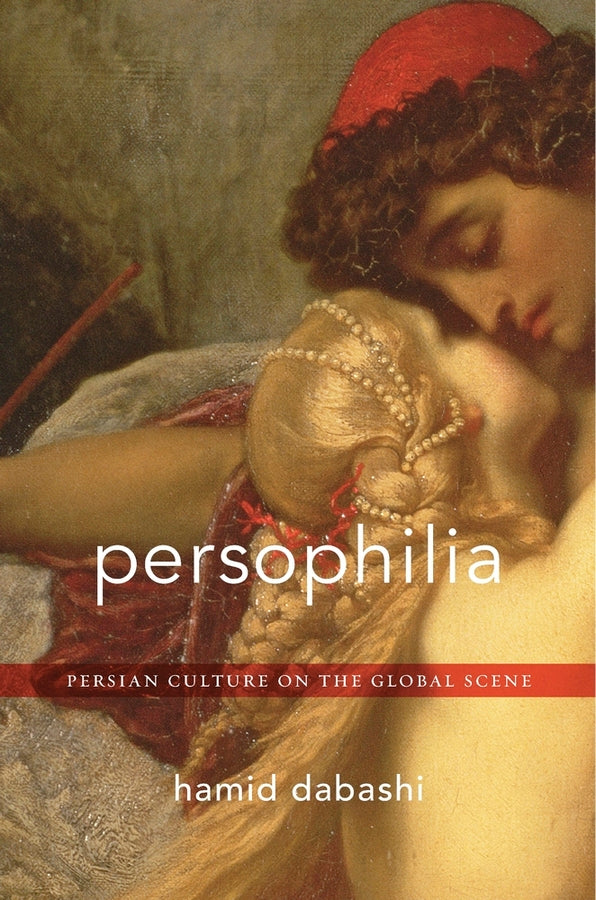Description
Explore the captivating interplay between Persian culture and European history in 'Persophilia,' a groundbreaking examination that reveals the enduring fascination with Persia from the Biblical period through to the Renaissance and Enlightenment. This insightful book, published by Harvard University Press, delves into how a diverse range of European artists, poets, and thinkers drew inspiration from Persian civilization, crafting a rich cultural dialogue. Far from a fleeting curiosity, this engagement has profoundly influenced Western perspectives and has shaped the self-image of Iranians through the ages.
Hamid Dabashi masterfully maps the evolving connections between Persia and the West, illustrating that the exchange of ideas regarding Persia was reciprocal, not one-dimensional. By incorporating Jürgen Habermas's theory of the public sphere and moving beyond Edward Said's analysis, Dabashi explores how Iranians responded to their reflections in Western narratives, thereby establishing a civic space amid the challenges of colonialism.
With references ranging from Xenophon's 'Cyropaedia' to Nietzsche's 'Thus Spoke Zarathustra,' and from Handel's opera 'Xerxes' to Puccini's 'Turandot,' as well as the artistic expressions of Gauguin and Matisse, 'Persophilia' offers a thought-provoking reinterpretation of world history. This essential read dismantles normative historiography and provides fresh insights into the complexities of postcolonial identity, making it a vital addition to your library of cultural studies and historical discourse.
Hamid Dabashi masterfully maps the evolving connections between Persia and the West, illustrating that the exchange of ideas regarding Persia was reciprocal, not one-dimensional. By incorporating Jürgen Habermas's theory of the public sphere and moving beyond Edward Said's analysis, Dabashi explores how Iranians responded to their reflections in Western narratives, thereby establishing a civic space amid the challenges of colonialism.
With references ranging from Xenophon's 'Cyropaedia' to Nietzsche's 'Thus Spoke Zarathustra,' and from Handel's opera 'Xerxes' to Puccini's 'Turandot,' as well as the artistic expressions of Gauguin and Matisse, 'Persophilia' offers a thought-provoking reinterpretation of world history. This essential read dismantles normative historiography and provides fresh insights into the complexities of postcolonial identity, making it a vital addition to your library of cultural studies and historical discourse.

